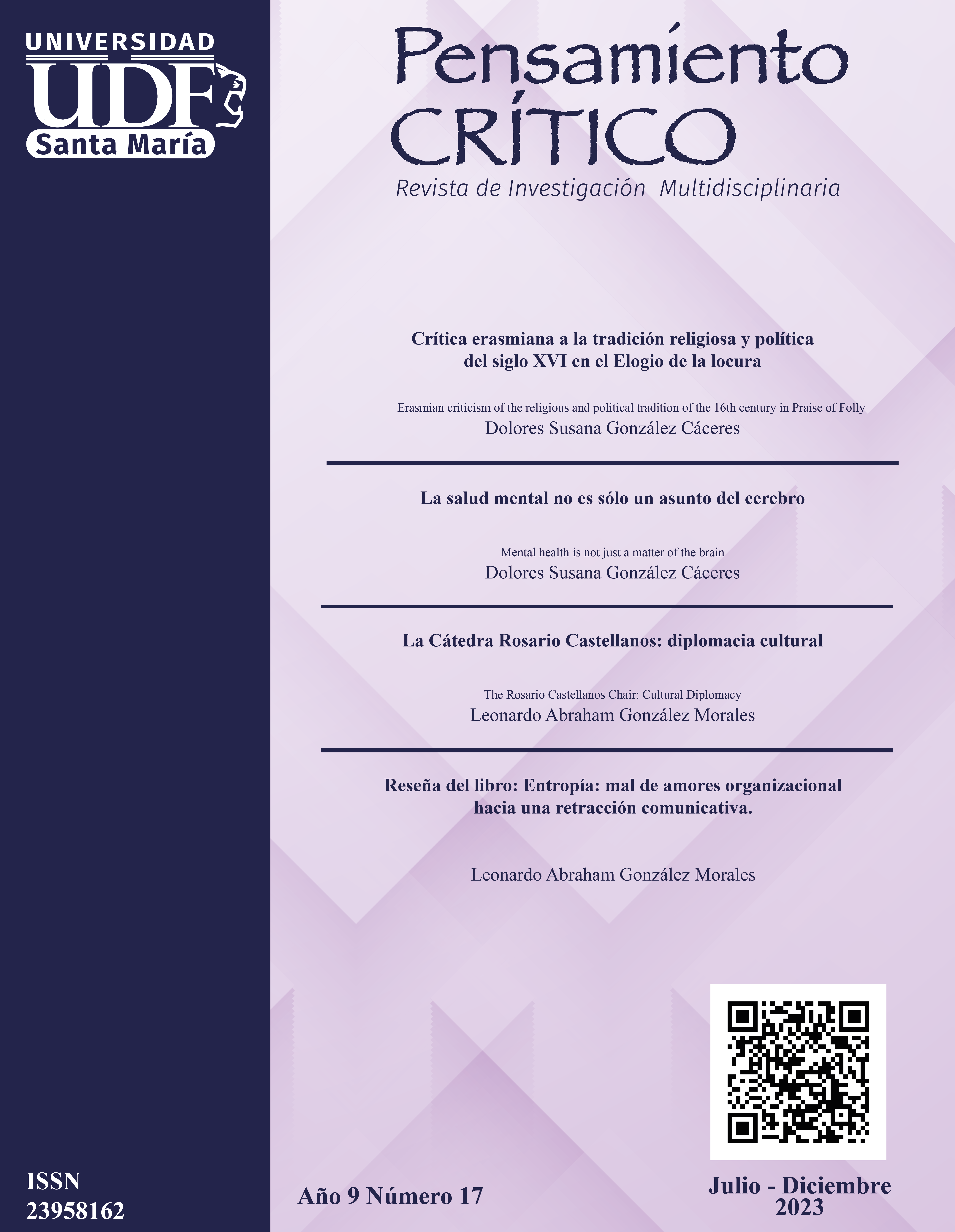Abstract
This article criticizes the tendency in neuroscience to attribute psychological attributes to the brain, explaining "mental health" conditions such as depression, anxiety and phobias, as exclusively cerebral problems, which incurs the mereological fallacy. Research maintains that mental states should be understood through the meaningful contextualized behavior of individuals, not their brain or mind. It is argued that this erroneous attribution comes from philosophical confusions about the nature of the mental, the mind-body problem and psychological language. The work is supported by the perspectives of Bennett and Hacker (2003) and Tomasini (2014), who approach the problem from a "Wittgenstainian" perspective. Finally, we reflect on the practical and bioethical implications of this vision in the context of mental health, both for psychiatric patients and for other living beings.
References
Bennett, M. R. & Hacker P. M. S. (2003). Philosophical Foundations of Neuroscience. Blackwell.
Herrera, A. & Torres, J. A. (1994). Falacias. Editorial Torres Asociados.
Nava, L. (2009). Maxwell Bennett, Daniel Bennet, Peter Hacker y John Searle: La naturaleza de la conciencia. Cerebro, mente, lenguaje.Lógoi. Revista De Filosofía, (15), 175-179.
Ruesch, H. (2008). Matanza de inocentes: Los animales en la Investigación Médica. Mandala Ediciones.
Tomasini, A. (2014a). Tópicos Wittgensteinianos. Édere.
Tomasini, A. (2014b). Lenguaje, Conocimiento y Praxis. Mi Cuerpo, mi Mente y Yo. Universidad Nacional de Tucumán

This work is licensed under a Creative Commons Attribution-NonCommercial-NoDerivatives 4.0 International License.
Copyright (c) 2025 Pensamiento Crítico. Revista de Investigación Multidisciplinaria

